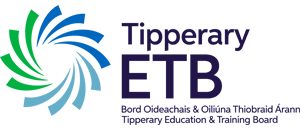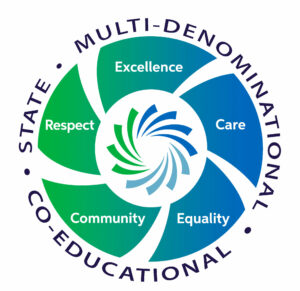Accounting
Subject Overview
- To contribute to a balanced an appropriate general education, leading to the personal and social development of each student together with a fostering of the concept of accountability
- To create awareness of the business environment and to to provide each student with the knowledge, understanding and skills leading to a personal competence and responsible participation in this changing and challenging environment.
- To encourage the development of self-reliance, mental organisation and agility, clear and logical thinking, planning habits, methods of investigation and processes whereby accuracy can be ensured
- To enhance numeracy skills and promote awareness of the use of figures computations and statistics in the world of business and enterprise
- To expose students to aspects of business and enterprise with a view to career and working life, additional studies in accounting or as a basis for further education.
Content
The course is divided into eleven main sections:
- The Conceptual framework of Accounting
- The Regulatory Framework of Accounting (Higher Level only)
- Accounting Records
- Double-entry bookkeeping
- Bank reconciliation statement
- Control Accounts
- Suspense Accounts
- Sole Traders
- Company Accounting
- Share Capital, Reserves and Loan Capital
- Financial Statements of Limited Companies
- Appreciation of Annual Reports of Public Limited Companies (Higher Level only)
- Specialised Accounts
- Manufacturing Accounts
- Stock
- Club Accounts and the Accounts of Servicefirms
- Departmental Accounts
- Farm Accounts
- Incomplete Records
- Cash Flow Statements
- Analysis and Interpretation of Financial Statements
- Management Accounting
- Information Technology and Computer Applications in Accounting
Assessment
The syllabus is assessed by means of an examination paper at two levels, Ordinary level and Higher level in ascending order of difficulty.
Status
A review of the Leaving Certificate Accounting syllabus has taken place and a revised syllabus has been completed. This revised syllabus will be approved by the NCCA in spring 2006 and following approval, will issue to the Department of Education and Science for implementation in schools in due course.
Business
Subject Overview
This is a practical and vocationally-oriented course that introduces students to the world of Business in a straightforward and logical way. It aims to create an awareness of the importance of Business activity and to develop a positive and ethical attitude towards it.. The importance of people in Business is highlighted. The course sets out to illustrate the process of setting up a business and developing a new product or service. It emphasises the importance of good management and deals with skills and activities necessary for good management practice. It also deals with the impact of technology, foreign trade, global firms and competition and with business structures and the national economy
Content
Unit 1
- People in Business
- Conflicting interests.
Unit 2
- Enterprise
Unit 3
- Management
- Communications
Unit 4
- Household and Business Finance, Insurance, Taxation.
- Human Resource Management
- The Changing Role of Management
- Monitoring a Business including ratio analysis.
Unit 5
- Identifying Opportunities
- Marketing
- Starting up
- Expansion
Unit 6
- Business Sectors
- Structure of Business
- Community Development
- Business, Government and Workers
- Social and Ethical Responsibilities of Business
Unit 7
- The International Trading Environment
- The European Union
- International Business
Assessment
Assessment is by examination paper at two levels, Ordinary level and Higher level.
Status
The Leaving Certificate Business Studies syllabus was introduced in 1997 and first examined in 1999.



